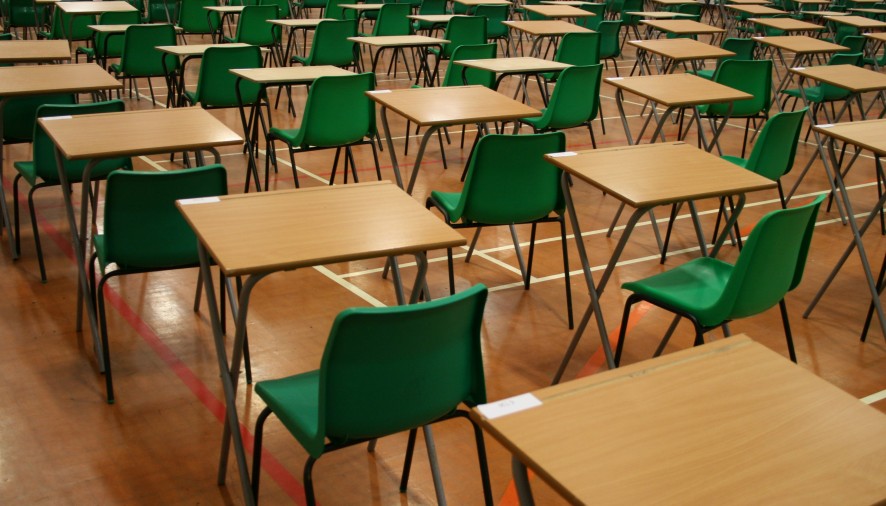An increasing number of teachers are now deliberately overestimating their pupils’ predicted A-level grades in order to secure them offers from top universities. Figures from UCAS show there has been a 9 percentage point increase in those predicted an A and two B’s since 2011. Now 63 percent of all pupils receive an ABB prediction. This has resulted in only one fifth of pupils actually achieving their predicted A Level grades, a massive 40 percent drop since 2010.
However, these overestimates don’t appear to be particularly detrimental to the pupils themselves as 52 percent of successful places at university were gained by pupils who missed their predicted grades by one or two grades. Furthermore, 44 per cent of students are being admitted with three B-grade passes or lower, compared with just 20 per cent in 2011.
Although the government’s decision to lift the cap on the number of places universities can offer has increased competition to sign up talented students, teachers still believe these overestimates are necessary in order for pupils to get noticed. Experts claim parental pressure is now partly to blame for teachers upping predictions for their pupils, along with performance-related pay, which means a teacher’s salary increases depending on the results of their pupils, leading them to give students higher grade predictions.
Despite calls by experts to allow pupils to apply using their actual grades, after they receive results, disagreements between universities and schools over dates have previously prevented changes to the system.
Katy Frodsham

